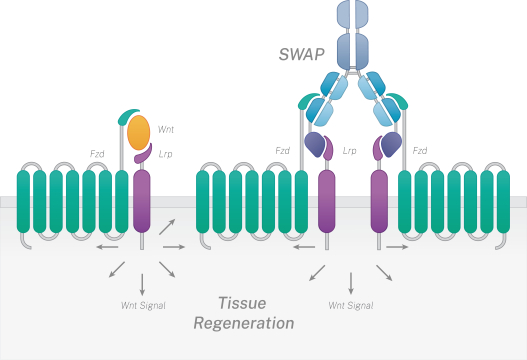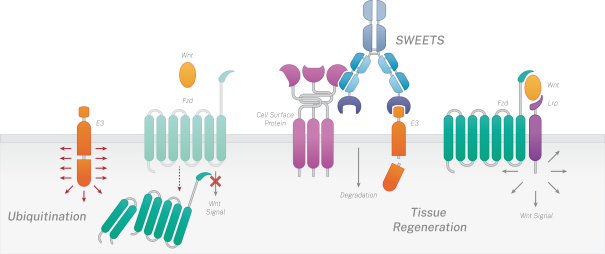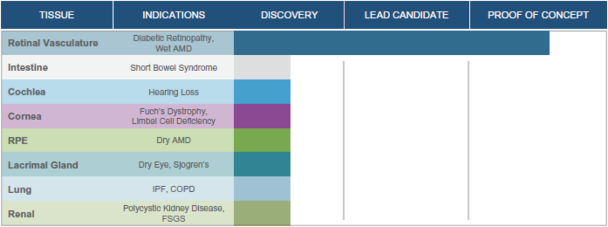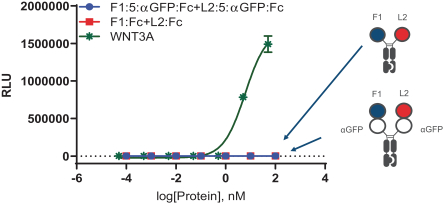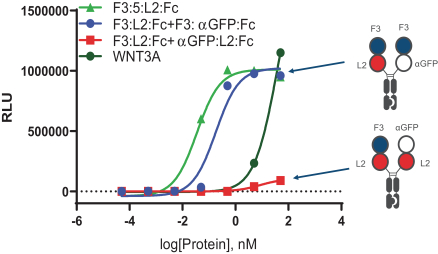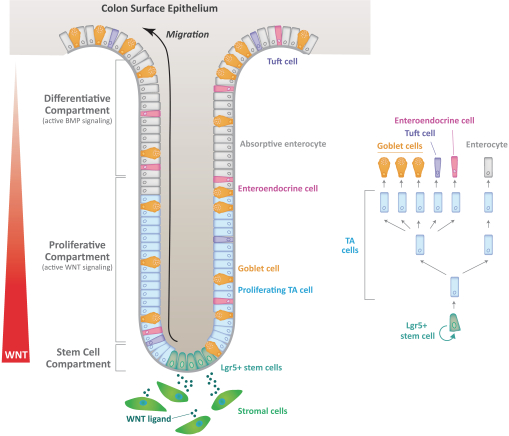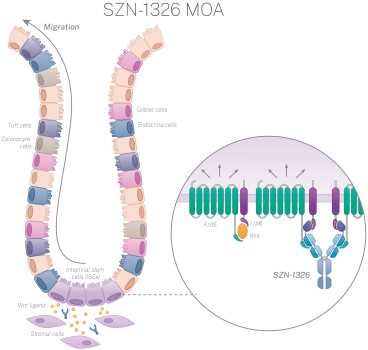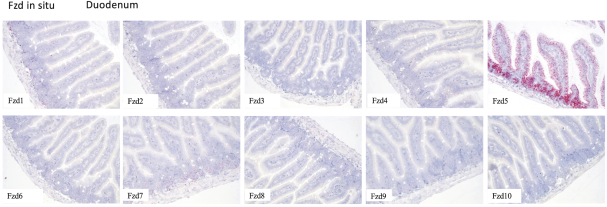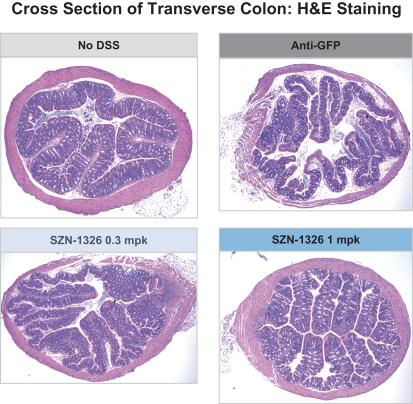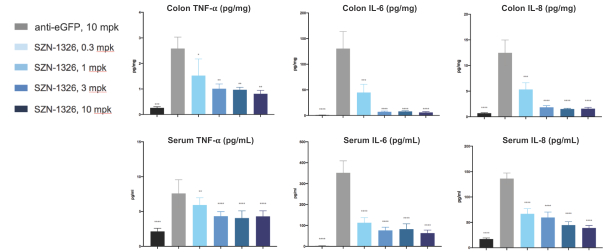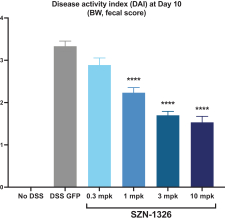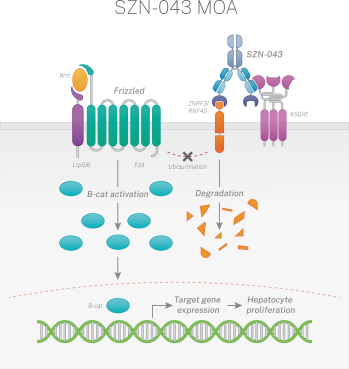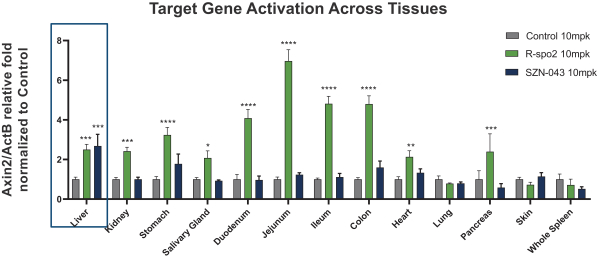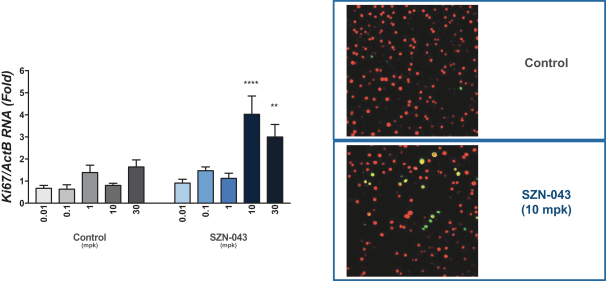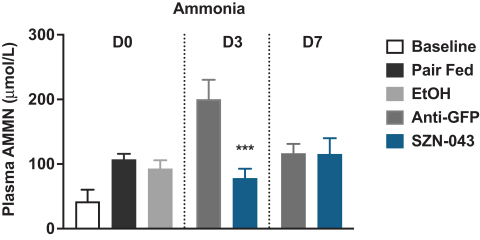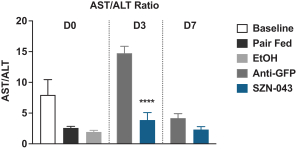related to our engineered Wnt surrogate molecules to make, use, import, offer to sell and sell products that are claimed by the licensed patents or that use or incorporate such technology, or licensed products, for the treatment, diagnosis and prevention of human and veterinary diseases. The 2016 Stanford Agreement covers two patent families and any patents that grant from these families are predicted to expire in 2035 and 2037, absent any patent term adjustments or extensions. In consideration for this license, we paid Stanford a nominal upfront fee and issued an aggregate of 42,451 shares of our common stock to Stanford, the University of Washington and
two co-inventors of
the licensed patents. In addition, we agreed to pay Stanford nominal annual license maintenance fees which are creditable against earned royalties owed to Stanford for the same year, an aggregate of up to $0.9 million for the achievement of specified development and regulatory milestones, and an aggregate of up to $5.0 million for the achievement of specified sales milestones. Stanford is also entitled to receive royalties from us equal to a very low single digit percentage of our and our sublicensees’ net sales of licensed products that are covered by a valid claim of a licensed patent. Our obligation to pay royalties will continue, on a
basis, until the
valid claim of a licensed patent covering a licensed product in the country of manufacture or sale. Additionally, we agreed to pay Stanford
a sub-teen double
digit percentage of certain consideration we receive as a result of granting sublicenses to the licensed patents and, if we are acquired,
a one-time change
of control fee in the low six figures. Stanford retains the right under the 2016 Stanford Agreement, on behalf of itself, Stanford Hospital and Clinics, the University of Washington, and all other
non-profit
research institutions, to practice the licensed patents and technology
for any non-profit purpose.
The licensed patents and technology are additionally subject to a non-exclusive, irrevocable, worldwide license held by the Howard Hughes Medical Institute to practice the licensed patents and technology for its research purposes, but with no right to assign or sublicense.
In June 2018, we entered into another license agreement with Stanford, or the 2018 Stanford Agreement, pursuant to which we obtained from Stanford, a worldwide, exclusive, sublicensable license under certain patent rights related to our
surrogate R-spondin proteins,
or licensed patents, to make, use, import, offer to sell and sell products that are claimed by the licensed patents, or licensed products, for the treatment, diagnosis and prevention of human and veterinary diseases, or the exclusive field. The 2018 Stanford Agreement covers one patent family, and any patents that grant from this family are predicted to expire in 2038, absent any patent term adjustment or extension. Additionally, Stanford granted us a
worldwide, non-exclusive, sublicensable
license under the licensed patents to make and use licensed products for research and development purposes in furtherance of the exclusive field and a
worldwide, non-exclusive license
to make, use and import, but not to offer to sell or sell, licensed products in any other field of use. In consideration of these licenses, we paid Stanford a nominal upfront fee. We also agreed to pay Stanford nominal annual license maintenance fees which are creditable against earned royalties owed to Stanford for the same year, and an aggregate of up to $0.425 million for the achievement of specified development and regulatory milestones. Stanford is also entitled to receive royalties from us equal to
a sub-single digit
percentage of our and our sublicensees’ net sales of licensed products that are covered by a valid claim of a licensed patent. Our obligation to pay royalties will continue, on a
basis, until the
valid claim of a licensed patent covering a licensed product in the country of manufacture or sale. Additionally, we agreed to pay Stanford
a one-time payment
in the low six figures for each sublicense of the licensed patents that we grant to a third party and, if we are acquired,
a one-time nominal
change of control fee. Stanford retains the right under the 2018 Stanford Agreement, on behalf of itself, Stanford Health Care, Lucile Packard Children’s Hospital at Stanford, and all other
non-profit
research institutions, to practice the licensed patents
for any non-profit purpose.
The licensed patents are additionally subject to
a non-exclusive, irrevocable,
worldwide license held by the Howard Hughes Medical Institute to exercise any intellectual property rights with respect to the licensed patents for research purposes, including the right to
sublicense to non-profit and
governmental entities but with no other rights to assign or sublicense.



